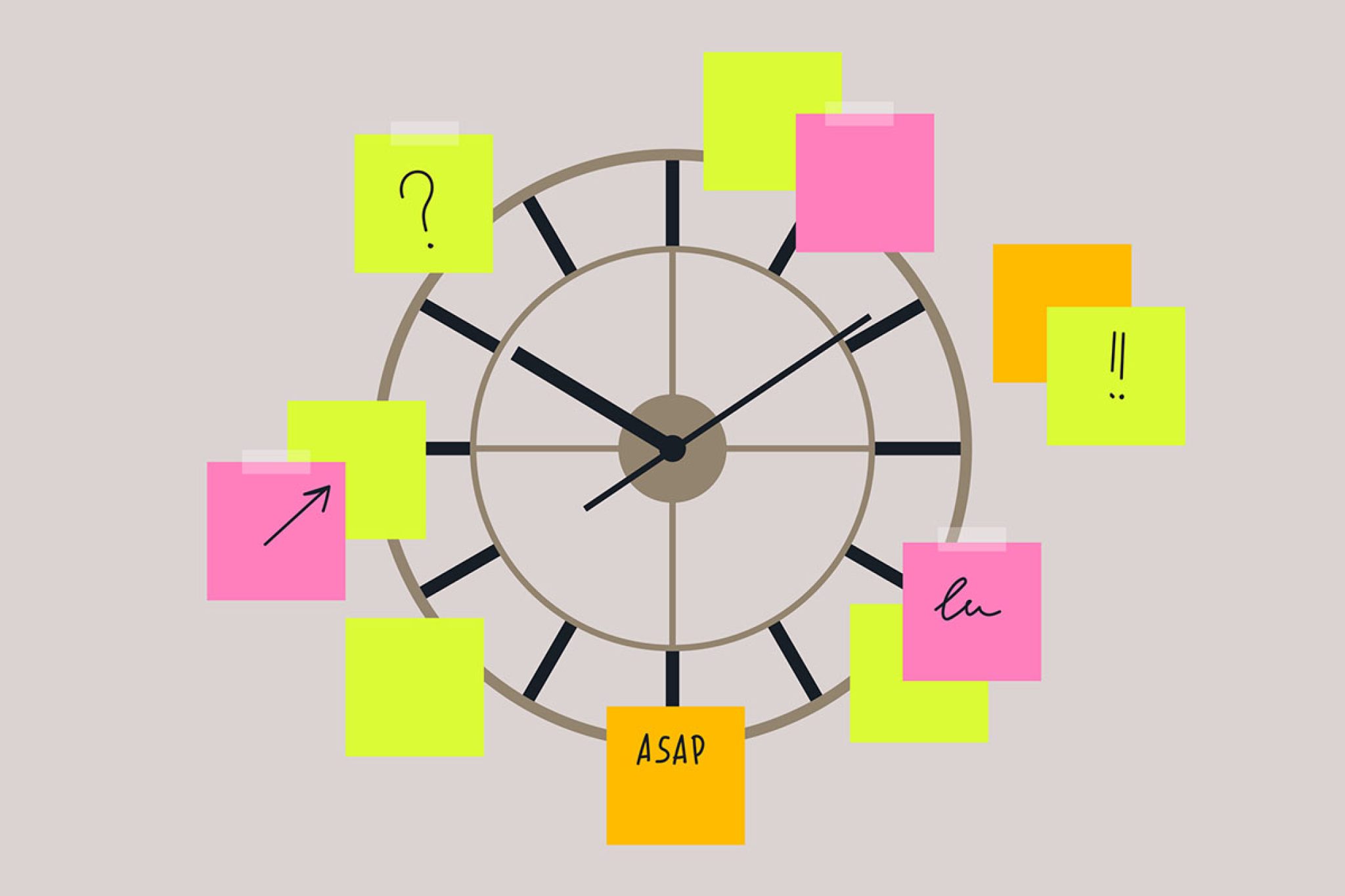Do you wish you had a better relationship with work? In his fascinating book Slow Productivity, Cal Newport makes the case for working at a sustainable pace. Rather than rushing through tasks and burning out, we can take a more “marathon approach” to productivity—pacing ourselves so that we accomplish more in the long run.
The core premise of Slow Productivity relies on three work principles: do fewer things, work at a slower pace and prioritise quality over quantity. Over the decades, many workers have become conditioned to believe that “more is more”. i.e. “Good work” requires increasing busyness. This is partly born out of a desire to appear useful. If we can show a high activity rate to our employers, this will give us an appearance of productivity.
Yet, activity is not the same as productivity. A car which spins its wheels on the ground is very active, but it is not going anywhere. However, the author Cal Newport – a professor of computer science at Georgetown University – puts it like this:
“This is what ultimately matters: where you end up, not the speed at which you get there, or the number of people you impress with your jittery busyness along the way.”
According to Newport, the first step is to reduce our obligations ruthlessly. This allows you to focus more freely on the work that matters most. If you can imagine completing fewer tasks with time to spare, you are off to a good start. The author draws comparisons with historical figures like Galileo and Jane Austen, who focused on long-term quality in work rather than overwhelming themselves with high volumes of tasks. Their best works were produced during the “less crowded” periods of their lives.
This approach will likely be a relief to workers overwhelmed by pointless admin. Remote workers have become especially susceptible to the “visible activity” trap. After all, if I am not in the office but you (my employer) can see my regular email replies and chat messages, then, at the very least, you know I’m doing something. However, this typically results in “pseudo productivity, ” which cannot deliver long work sessions that allow space for creativity and long-term results.
Slow Productivity is a powerful call back to meaningful work. Rather than focusing on appearing busy, the best results (for ourselves, our organisations and society as a whole) emerge from focusing on fewer tasks – and “doing them well”. Newport’s book is a great call back to quality over quantity. We commend this book to you!





